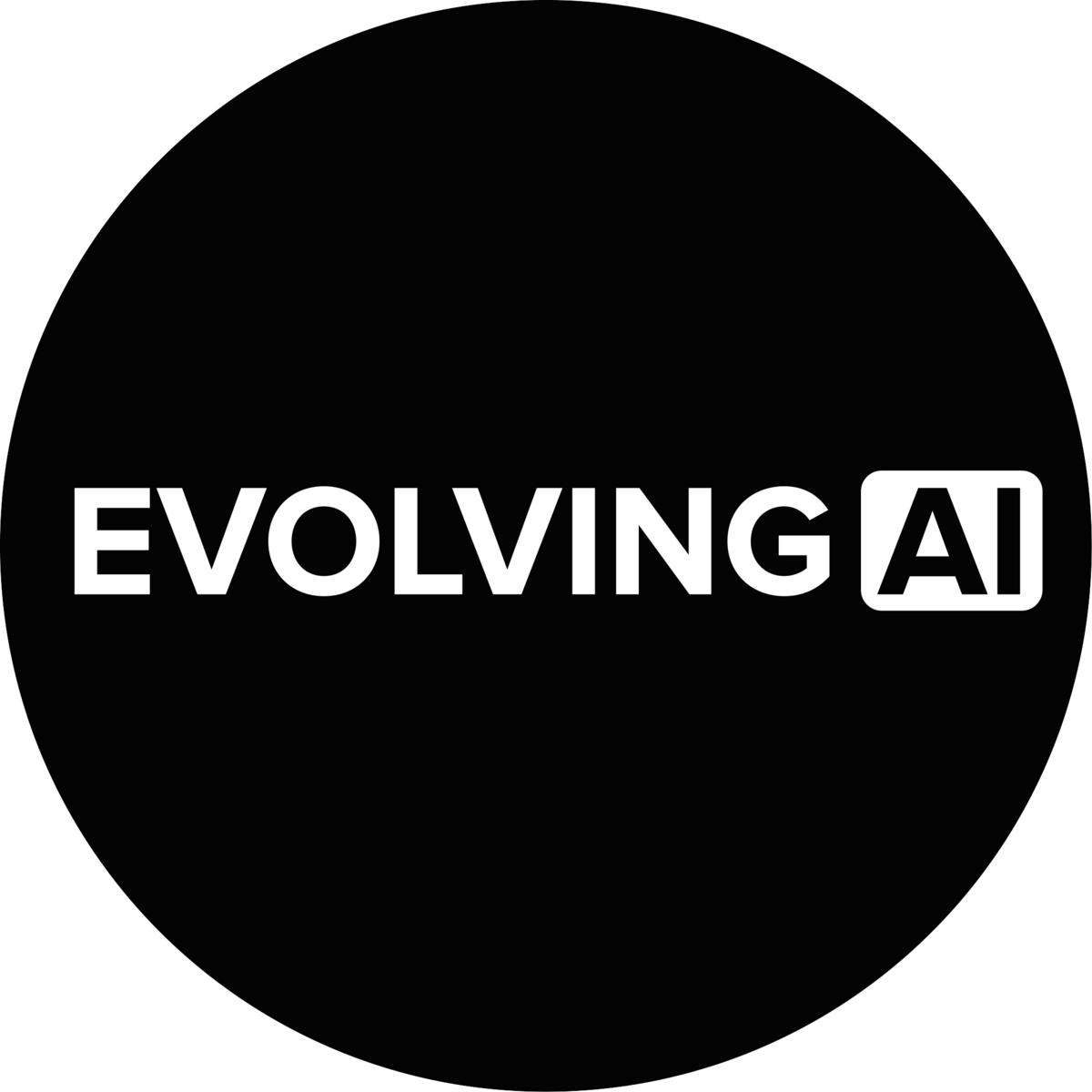
Welcome, AI enthusiasts
Sam Altman teases next-gen AI with the o1 model, promising leaps in advanced reasoning and rapid progress toward fully autonomous AI agents. Meanwhile, Microsoft is tapping into carbon-free energy to power its AI data centers by reviving a dormant nuclear plant, and Google is making waves with a $120M initiative to close the global AI education gap. From AI development to sustainability and education, the future is here. Let’s dive in! 🤖
In today’s insights:
Sam Altman says autonomous AI agents are coming
Microsoft AI powers revival of Pennsylvania's dormant nuclear plant
Google announces $120M global fund for AI education
Read time: 4 minutes
🗞 LATEST DEVELOPMENTS
Evolving AI: The AI landscape is evolving at a breakneck pace, and the era of truly autonomous AI agents may be closer than we think.
Key Points:
Sam Altman discussed the upcoming o1 model, predicting a significant AI improvement curve.
The o1 model focuses on advanced reasoning, with plans to outpace current AI models.
Altman expects quick adoption, but acknowledges users will need time to adapt to o1 AI.
Details:
Speaking at the “T-Mobile Capital Markets Day 2024” event, Altman outlined a five-tier progression of AI capabilities, hinting at a future where AI could potentially rival human organizations in complexity and functionality. The o1 is centered around advanced reasoning for problem-solving, which Altman references heavily in the interview. Altman says that the experience is one in which users will not want to go back but only forward when it comes to the new models, which will eventually lead to a GPT-4 equivalent and then outpace the existing models. Altman outlined five levels of AI development, with o1 at level 2 (reasoners), and implied that level 3 (agents) could follow in a short space of time. As part of the event, Altman stated “in the coming months, you’ll see it get a lot better as we move from o1-preview to o1, which we shared some metrics for in our launch blog post.”
Why It Matters:
The rapid progression from chatbots to reasoning systems, and the anticipated leap to AI agents, signals a future where AI could reshape not just how businesses operate, but how we approach global challenges in healthcare, education, and scientific discovery. Altman’s remarks imply that the move from o1 to advanced agentic AI systems will be much quicker due to the iterative development process. If he’s correct, it might not take long—just a few months—before o1 models significantly outperform GPT-4o and other models currently available.
Evolving AI: Microsoft's quest for clean energy to fuel its AI data centers has led to the revival of a long-shuttered nuclear power plant in Pennsylvania, aiming to deliver carbon-free electricity.
Key Points:
Microsoft signs a 20-year deal to restart the Three Mile Island Unit 1 reactor
The reactor, set to become the Crane Clean Energy Center, reopens in 2028
Over 800 megawatts of carbon-free electricity will power AI infrastructure
Details:
Constellation Energy, backed by a 20-year deal with Microsoft, will bring the Three Mile Island Unit 1 reactor back online by 2028. Microsoft will use this CO2-free energy to power its expanding AI data centers, meeting rising electricity demands. The plant, renamed Crane Clean Energy Center, requires extensive upgrades before reopening; the NRC must also greenlight its restart. Expected output is 800 megawatts of carbon-free power—vital for AI’s growing energy appetite and Pennsylvania’s economy.
The relevance:
Microsoft’s partnership signals AI’s increasing role in driving sustainable energy solutions. This project is not only a win for clean energy but also showcases how AI's rapid expansion can trigger major economic and infrastructure revitalizations.
Evolving AI: Google's CEO Sundar Pichai unveils a $120M initiative to bridge the global AI education gap, ensuring communities worldwide can benefit from AI advancements.
Key Points:
Pichai announces $120M Global AI Opportunity Fund at UN summit
AI seen as transformative in education, climate response, and economics
Focus on AI education to avoid a global “AI divide”
Details:
At the UN Summit of the Future, Sundar Pichai highlighted AI’s potential to reshape the world, from scientific breakthroughs to climate disaster tracking. To prevent an AI divide, Google is launching a $120 million Global AI Opportunity Fund, providing AI education and training worldwide in collaboration with local nonprofits. Pichai emphasized smart regulation to balance AI's opportunities with its risks, such as deep fakes. Without this, he warns, AI's benefits could remain limited to a few, deepening global inequalities.
Why It Matters:
This initiative demonstrates AI's transformative potential and Google’s commitment to global inclusivity. By investing in education, Pichai seeks to prevent a widening technological gap, ensuring AI benefits reach everyone, especially underserved communities.
🎯SNAPSHOTS
Direct links to relevant AI articles.
🤖 Researcher at Nvidia expects breakthrough for humanoid robots
🛑 LinkedIn suspends use of UK user data to train AI models
🎮 EA reveals how AI can help to create and expand game environment
✋Meta criticized for its approach to AI development


